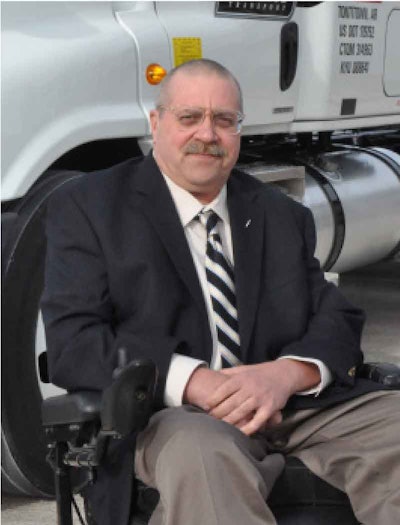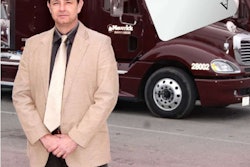In Pursuit of Perfection

Throughout his long and varied career – first as a U.S. Army electronic maintenance specialist and noncommissioned officer, then as a trucking owner-operator, mechanic, shop foreman and finally as a vice president of maintenance with a national reputation as a technology leader, TMC task force chairman and Silver Spark Plug recipient – Tapp has stuck steadfastly to his core values in the face of seemingly insurmountable personal and professional challenges. In the process, he helped transform P.A.M. from a small regional carrier into a major national truckload fleet and an acknowledged leader in cutting-edge maintenance practices.
Learning leadership
Enter into even a brief conversation with Tapp, and his passion for education and knowledge quickly becomes apparent. That’s not surprising when you consider that both his parents were college professors specializing in foreign languages. In fact, Tapp’s father was fluent in about 15 different languages, and young Carl and his brother grew up speaking German as their first language.
Despite seemingly insurmountable challenges, Carl Tapp works steadfastly to give back to the industry that has served him so well over the last 30-plus years.
By the late 1950s, Tapp’s parents were teaching at Kent State University in Ohio. The school, the site of the Kent State massacre in 1970, was a hotbed for Vietnam War protests and left-wing politics, which Tapp found distasteful. Upon graduating from high school, he shocked his parents by announcing that he was enlisting in the U.S. Army. “It was a form of rebellion,” he says. “My parents sort of assumed I would go straight to college. My father felt that he’d sacrificed enough during World War II. He didn’t feel his sons were under any obligation to serve.”






